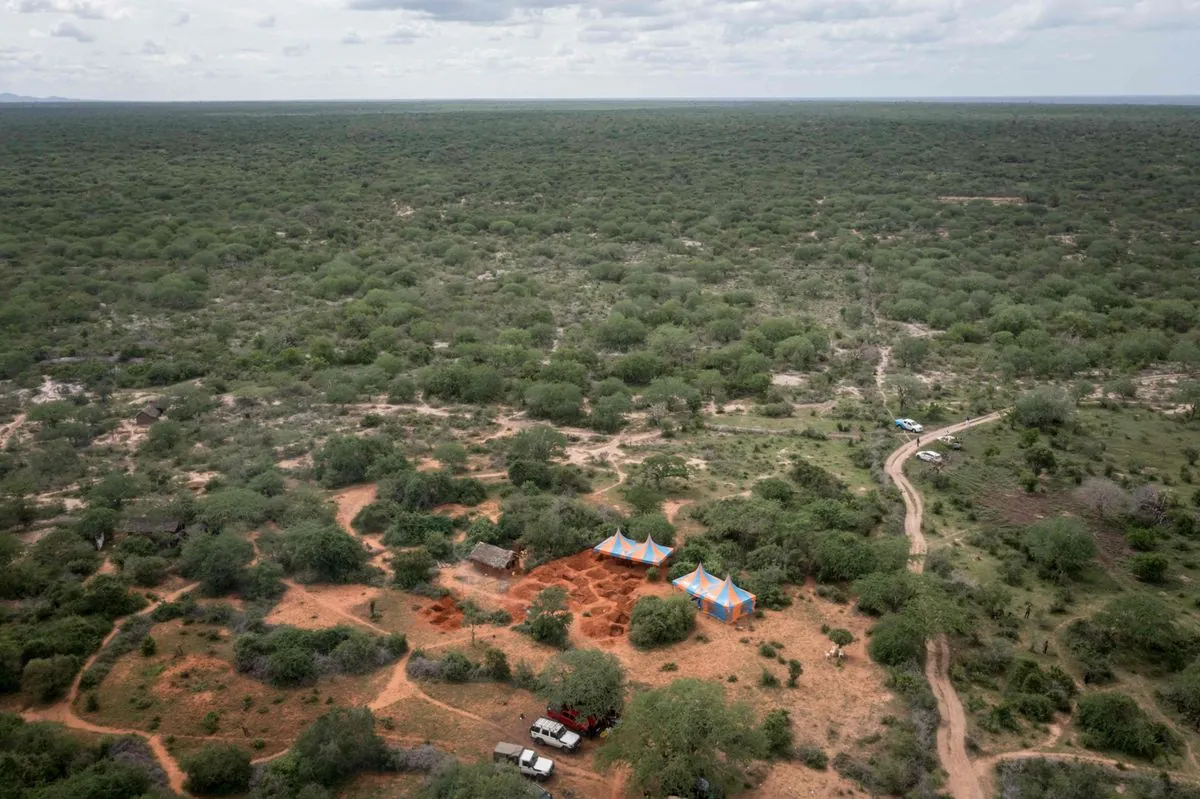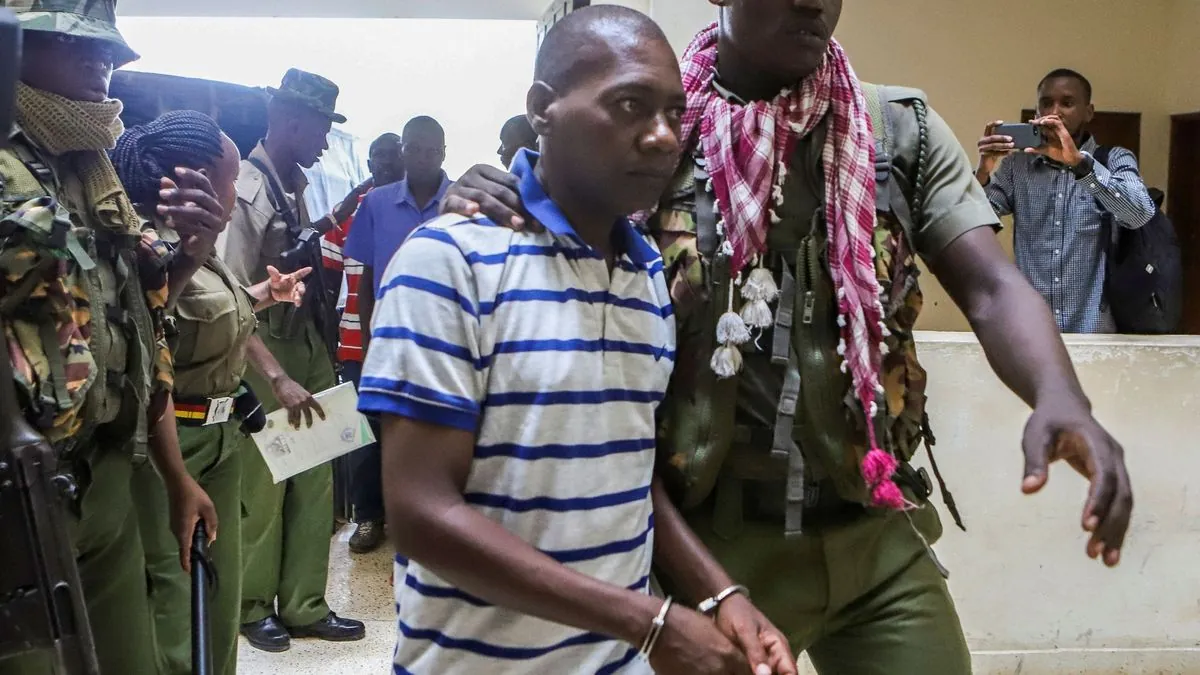Kenyan Cult Massacre: Unveiling the Tragic Aftermath in Shakahola Forest
A deadly cult-related massacre in Kenya's Shakahola forest has left at least 436 dead. Led by Paul Mackenzie, the Good News International Church's practices shocked the nation, revealing the dark side of unregulated religious movements.

In a shocking revelation of religious extremism, Kenya's Shakahola forest has become the site of one of the deadliest cult-related massacres in recent history. At least 436 bodies have been recovered from the Good News International Church compound, led by Paul Mackenzie, a former street vendor turned evangelist.
The tragedy has deeply affected the coastal town of Malindi and its surroundings, located approximately 70 kilometers from the forest. Gravediggers, tasked with the grim job of exhuming bodies, have been left traumatized by their experiences.
Paul Mackenzie, who established his church in Malindi in 2003, has pleaded not guilty to charges including the murders of 191 children and multiple counts of manslaughter. If convicted, he faces life imprisonment.

The rise of Mackenzie highlights the complex religious landscape in Kenya, where evangelical Christianity has gained significant traction since the 1980s. Kenya, the largest economy in East Africa, has a predominantly Christian population, with a growing number of evangelical churches operating with minimal oversight.
Mackenzie's journey from cab driver to influential religious leader exemplifies the potential for charismatic individuals to amass power within these unregulated religious structures. His church attracted followers from various backgrounds, including teachers and police officers, demonstrating the wide-reaching appeal of his message.
The cult's practices became increasingly extreme after relocating to Shakahola forest in late 2019. Followers were required to build houses in villages with biblical names and adhere to strict rules, including fasting to the point of starvation. The COVID-19 pandemic reportedly intensified Mackenzie's end-times rhetoric, leading to more severe fasting regimens.
"What made me (realize) Mackenzie was not a good person was when he said that the children should fast to die. That's when I knew that it's not something I can do."
Survivors' accounts paint a disturbing picture of life within the cult, including allegations of sexual assault and severe punishment for those attempting to leave. Autopsies have revealed deaths from starvation, strangulation, suffocation, and blunt force trauma.
The tragedy has raised questions about the effectiveness of Kenya's law enforcement and regulatory bodies. Despite multiple warnings about Mackenzie's illegal activities, authorities failed to take decisive action, with six detectives now suspended for ignoring these alerts.
As investigations continue, at least 600 people remain missing, according to the Kenya Red Cross. The full extent of the tragedy is yet to be determined, with the possibility of more mass graves in the Shakahola forest.
This devastating event serves as a stark reminder of the potential dangers of unregulated religious movements and the need for improved oversight and intervention mechanisms in Kenya's religious landscape.


































